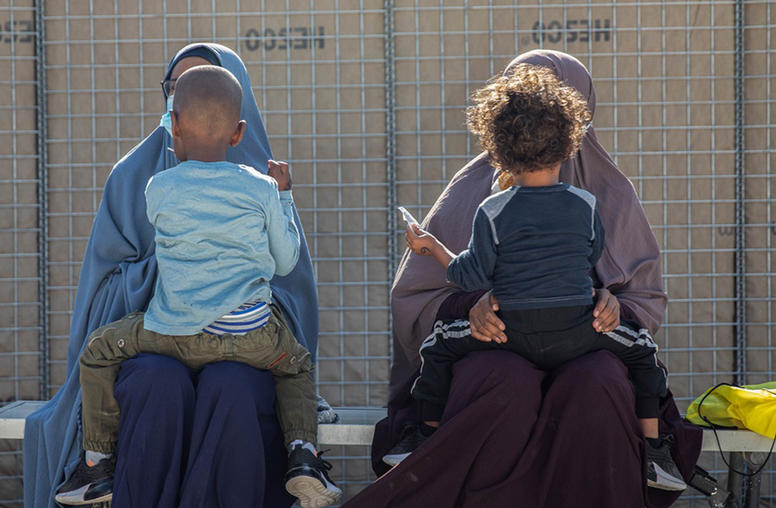Options for US Mediation of an Israel-Syria Peace Process
With the crisis in Gaza, a resolution of the Israeli-Palestinian conflict seems increasingly remote. At the same time, the need to engage all parties to the conflict in negotiations is more pressing than ever. Prior to the outbreak of war between Israel and Hamas, a reinvigorated peace process between Israel and Syria appeared well within reach. Starting in February 2007, the parties participated in indirect talks mediated by Turkey for nearly two years. The new Obama administration has also signaled that it will place greater importance on reinvigorated diplomacy in the Middle East. Given Syria's ties to Hamas, an agreement between Israel and Syria might in turn create opportunities for advancing the Israeli-Palestinian process.
Will the war in Gaza derail or redouble interest in a negotiated settlement between Israel and Syria? The answer depends in large part on how the new US Administration handles this moment of crisis and opportunity. An expert panel will explore Israeli and Syrian interest in engaging in a new round of negotiations, and options for US mediation. The panel will also consider what role Turkey could play in building on the momentum of the proximity talks, and implications of the process for future engagement with Iran and for the wider Arab-Israeli peace process.
Archived Audio
To listen to audio or to view video, please click on the links provided below. You also can right click on the links and choose "Save Target As" or "Download Linked File." This will save the file to your computer and then allow you to play it in your media player directly. More Audio Help.
- Listen to the audio from this event.
1:28:27 - 17.6MB
Speakers
- Thomas Dine
Senior Adviser, Syria Project, Search for Common Ground
Senior Policy Advisor, Israel Policy Forum - Yoram Peri
Head, Chaim Herzog Institute for Media, Politics and Society, Tel Aviv University
Visiting professor for Israel Studies, American University, DC - Henri Barkey
Chair of the Department of International Relations, Lehigh University
Nonresident Senior Associate, Middle East Program, Carnegie Endowment for International Peace - Scott Lasensky, Moderator
U.S. Institute of Peace



